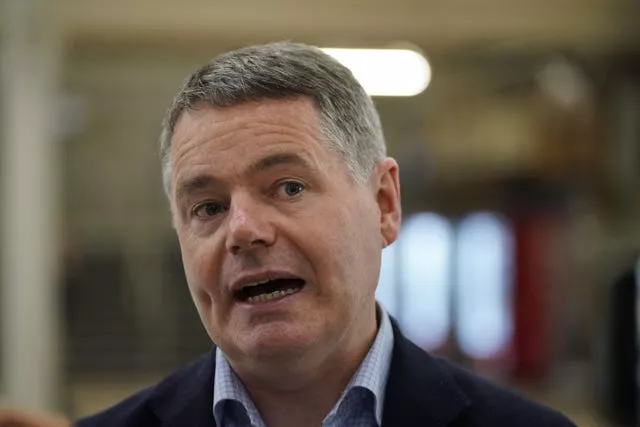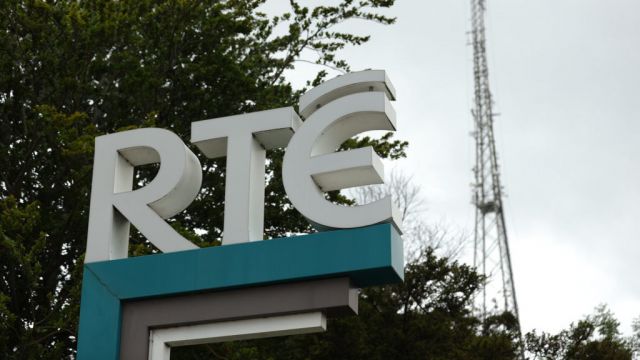Paschal Donohoe is “very confident” that TV licence sales will improve following the Government’s new funding plan for RTÉ.
The Minister for Public Expenditure also predicted that compliance with TV licence rules will improve beyond previously seen levels.
It comes after the Government agreed a new financing programme which will guarantee levels of funding for RTÉ through a system of direct Exchequer top-ups to licence fee sales.
The new agreement means that – after expected income from licence fees is accounted for – the Government will directly provide the organisation with a projected €42 million next year.
The overall funding package, which is less than what the broadcaster asked for, followed Government consideration of RTÉ’s five-year reform strategy.
It follows a year of crisis management at the cash-strapped station over a series of governance and financial scandals which further fuelled a years-long trend in declining TV licence revenue.

An Post, which is in charge of collecting the €160 annual fee for households with TVs, will also receive an additional €6 million to improve its processes.
Speaking on Thursday, Mr Donohoe said: “I am very confident that the levels of compliance with the television licence are going to improve.”
He said he saw “positive signs” in recent collection figures, which showed an increase in July 2024 when compared to the same month last year.
However, those improved figures are in comparison to a period where TV licence receipts were drastically impacted by the developing crisis at the broadcaster.
Mr Donohoe added: “I’m confident that as we continue to restore trust in RTÉ – which I’m confident will happen – and as we allocate more funding to An Post to deal with compliance and collection of the television licence, that it will not only recover to where it was in the past, but it will go to a higher level.”
Asked why someone would pay their TV licence when they know the Exchequer will make up the shortfall, Mr Donohoe said: “Sure, the €160 a year then that we will have to make up for is still coming from their taxes – so that’s the reason why.
“I’ve always been struck by this debate here, the idea that if the Exchequer steps in to provide the additional funding, where does that money come from?
“It comes from the taxpayer, it comes from the taxes that we collect.”
He added: “And then, above all, it’s a matter of law.”







